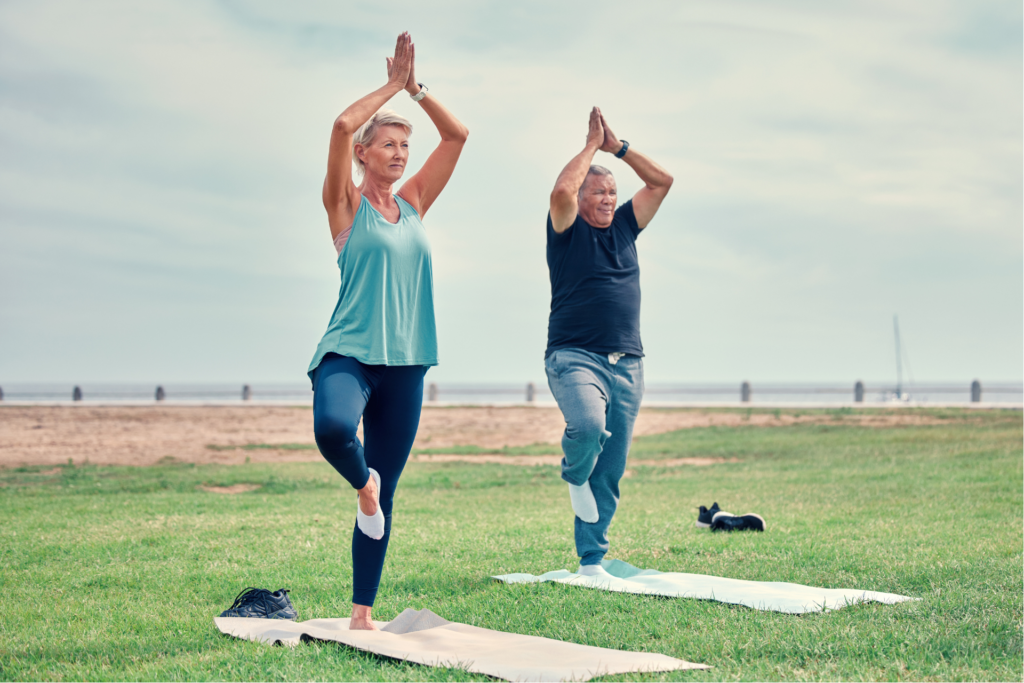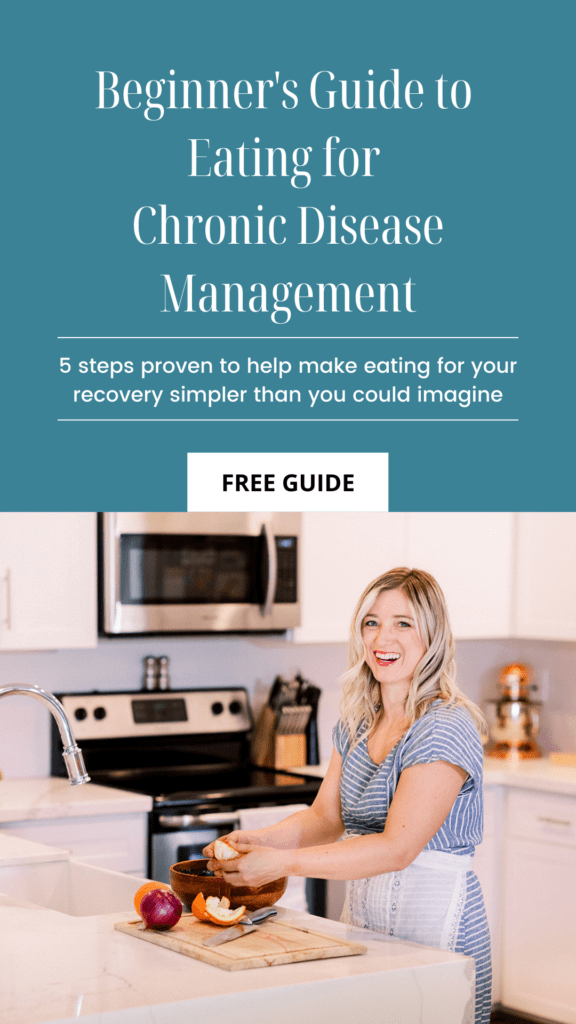As we get older, it’s very easy to think that the habits and personality we’ve developed is simply with us for life. Sure, certain aspects of our character may stick around – if you have a good sense of humor, that’s unlikely to change. However, it’s also true to say that a person can change much more than you may realize over time. As we go through life, adapting and setting new priorities is how we grow, or how we move with the flow of time.
For this reason, we’re willing to bet that you’ve gathered a range of good and bad habits, usually favoring the good. Some bad habits aren’t so bad at all – for example, perhaps once a month you drink a little too much wine with your partner for your movie night, but that’s hardly something you have to feel terrible about.
That said, when we get older, it’s easy to think some habits are with us for life. For example, you may be quick to cancel your workout if you’re not feeling it, or perhaps you have a sweet tooth that you must keep constant watch over, lest you eat everything in the local bakery in one or two sittings.
If you’re just hoping to improve but are worried about feeling “rusty,” it’s important to recognize that not only can you build great habits again, but maturity may actually help you do so more easily. It turns out that yes, you can teach an old dog new tricks.
With all that said, instead of offering you a range of platitudes about mindset and motivation, let’s discuss some practical measures for how you might integrate new good habits in a busy schedule. This way, you can begin with some real tangible steps that make the utmost difference:
Write It Down
It’s important to write down exactly what habit you hope to change. This way, you can reflect on how the habit is part of your life. For example, perhaps in your effort to quit smoking, you took up vaping. But now you know that vaping is just as bad as cigarettes because you aren’t 100% sure what’s in the e-liquid, you tend to use it more (as well as inside), and it hasn’t helped you deal with the cravings.
First, it’s good to see just how much money you’ve spent in the past month on this habit. You can extrapolate this to the past year. Perhaps for all the purchases you’ve made, you could have afforded a comfortable ten-day vacation abroad. This could be your goal for next year. Next, write down all the reasons you want to quit. Be diligent, and honest. Condense these points, and hang them on your wall, perhaps with some AI-generated text and imagery to inspire you, using free programs online.
This way, you’ve thought about the change you hope to make, you’re ready to make it, and you need only return to these journals to move forward. Most often, we fall back into bad habits because we refuse to look them directly in the eye and properly investigate why we want rid of them. When you do this, bad habits hold less power over you.
Replace Bad Habits With Good Habits
The “habitual space” you’re currently filling with unhealthy or unwanted activities don’t just go away when you remove the bad habit, you still have that vacuum to fill. It’s like when you finally have a day off from work after a long period of overtime – sure, resting is nice, but when you’re fully rested you have to do something with the content of your days to enjoy them fully.
As such, replacing a bad habit with a good habit can help the change stick. This is why many ex-addicts will often find joy in martial arts, or fishing, or writing novels, or charity work, or whatever else they can find to sustain them with a positive direction.
Now, the consequences might not be as high for you – perhaps you’re just looking to eat less cookies and switch that up for carrot sticks and hummus. That said, this approach does work for the smallest matters as well. If you cut out cookies, then make sure you have something to fill that time you would have been snacking. If you’re looking to cut snacking out entirely, then slowly wean yourself off it, make sure you cook more filling and nutritious meals, and track what you eat. As you can see, gradual change is often best, because you didn’t build bad habits in one day, but over time as well.
Reach Out For Support & Accountability
Accountability partners are wonderful resources because for many people they offer a form of structure and the social connection needed to put new habits into effect. For example, you may feel more than tempted to give up on a possible morning run, but when you know your friend will be waiting for you at the starting line, it’s harder to let them down than to let yourself down.
For this reason, reaching out to those who’ll go on the journey with you can be fantastic. Having a little moral support, some connection and advice, the ability to move forward with a sense of confidence and partnership, it all comes from contributing to a team.
Of course, this isn’t the only form of support and accountability that could nurture you. For more difficult issues that require specialist support, environments like the Real Deal Outpatient Rehab can help you disconnect from the flow of your daily life and learn strategies to avoid temptation in the future. A habit might not just be a practice you’ve kept up with for some time, but a tangible part of your identity, and so services like this can help you unhook those faulty dependencies from your mind.
Celebrate The Value Of Good Habits
It’s very easy to think about this process as losing something because you have to do it, as opposed to finding something good and worthwhile to implement in your life. We don’t enjoy good habits simply because we have to do them, but because they’re nourishing and healthy. If you focus only on fighting your old bad habits, it’s easy to think of this as a protracted and long battle as opposed to a positive journey with an ultimate reward.
For example, let’s take the idea of a morning run. You know that it’s a little uncomfortable to get out of bed early in the morning, to go out in the cold weather, and to perform taxing physical effort. But not only will this help you feel fantastic, but gather a sense of self-control, love for that morning peace and atmosphere, the chance to deal with your stress before you even build any that day, and you’ll keep a healthy weight too. Your sleep will improve, your mental health will improve, your confidence will be more robust.
As such, focus on the benefits and why exactly you’ve considered a good habit worth pursuing. Think of it as a boon to your life, something more than worth the effort it takes to get there. Moreover, think of the journey like an adventure, as it will enable you to enjoy even the more difficult elements and move on capably as a result. If you can achieve that, then you’ll move forward with a sense of inspiration, not one of grudging acceptance.
With this advice, you’ll see how it’s never too late to build great habits, and given enough time, you’ll be sure to integrate them into your schedule.









